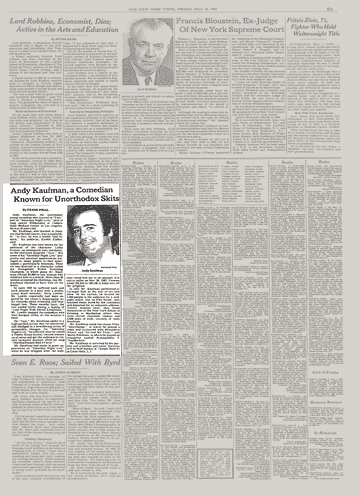where to go from satire
aka "i'm having an identity crisis and i'm gonna make it your problem"
Satire has always been my default setting. It’s safe, it’s clever, it’s emotionally detached.
For years, it worked, as a content strategy, as a defence mechanism, as a way to feel smarter than the absurdity around me. Lately, I’ve started to really wonder if it’s designed for the long term.
Satire is seductive. It gives you that distance from sincerity. It lets you say the hard thing without getting fully seen. It signals intelligence, critiques systems, and lets you never quite admit you care.
For a long time, it felt like a superpower.
At work it was “I’m not bitter, I’m ironic.”
On LinkedIn? “This isn’t insecurity, it’s content.”
In life… “This isn’t loneliness, it’s observational humour”
At work, I feel satire buys you a lot of room.
It can soften tension, defuse politics, and create connection where sincerity would feel too vulnerable or too high-stakes.
I’ve made a mockery of just about everything..investor pitches, shitty working relationships, useless meetings, bad messaging, broken processes.
All so relatable and easy to poke fun of.
In 2022, I wrote about psychological safety being a requirement to be “the fun one” at work. How it is foundational to having “good ideas”. I’ve got that at my current place of work but as you’ll read on, I’m wondering if I’m doing them a disservice by being so cavalier.
The danger of being the funny one is that people start to assume you don’t mean anything. Or worse, that you can’t be trusted with things that are serious.
There’s a fine line between using satire to expose the absurdity of work culture and using it to avoid the part of you that wants to build something real. Lately, that line has been feeling more like a mirror.
If you look at the history of satirists, the real ones, the legacy names, they are mostly men.
George Carlin, Jon Stewart, Chris Morris, John Clarke, Bill Hicks, Stephen Colbert, Charlie Brooker, Andy Kaufman, even Nathan Fielder.
Satire was built by men, often white, often cynical, often rewarded for staying just detached enough to never become vulnerable.
They used humour to critique power, yeah, but they also weaponised it to stay emotionally untouchable.
I wanted to do some research on where the satirists “go”. An evolutionary timeline if you will.
For example, George Carlin grew darker and more misanthropic over time.
Jon Stewart bailed out of The Daily Show when the real-world absurdity got too sharp to joke about.
Charlie Brooker basically stopped making Black Mirror because reality beat him to it. Colbert (mostly) dropped the character. Lots either flamed out, pivoted, or aged into nihilism.
And then there’s Andy Kaufman. A performance so total, so disorienting, so layered in anti-joke and refusal to explain, that when he died, people thought it was still part of the act. Kaufman didn’t just blur the line between satire and sincerity. He destroyed it. He became the satire. And then he disappeared. The most extreme version of the bit consuming the person.
What happens to a satirist when the bit stops being funny?
It usually starts as self-protection. Satire as armour. A trojan horse for actual information. Most satirists begin because irony feels safer than vulnerability. If I joke about the thing first, no one can hurt me with it.
Tim Robinson does an amazing job of this with his Yellow Dot Studio collabs.
Then the feelings get turned into formats. You outsmart pain instead of processing it. And then success traps you. The bit works, the bit becomes your voice, the voice becomes the only acceptable vehicle for being heard.
Eventually the audience changes, the culture shifts, the satire stops hitting. Or worse, it hits and no one cares.
Some satirists evolve, building civic platforms, making art they care about or just generally “going mainstream”.
Why is this so hard to do?
Because satire pays and detachment protects. The algorithm wants sameness and being sincere is cringe.
satire at work
There was a time when brands using memes felt disruptive, irreverent, a little dangerous. Now it’s just default. I know you don’t want to read about SaaS at the moment but work is 70% of my time on this Earth, so I have thoughts on it.
B2B memes are currency, cheap, fast, traded hourly. They’re no longer a differentiator. They’re basic comprehension. A meme shows you understand the language. It doesn’t mean you have anything original to say.*
*Memes are a tool for connection, not a strategy for meaning. If everyone is doing it, it’s not edge. It’s ambient noise.
So the question becomes, what are you saying once you have their attention?
What do you do when the meme runs out?
Did I write this whole thing because I’m having a professional identity crisis?
yes!
Does the the crisis result from a combination of things involving my thoughts about
- my impact in the world
- my feelings around my own competencies
-my gut feeling that the way I conduct myself online is getting old.
- my feelings about my age
also yes!
there’s no classy way to end this post and no takeaway I can give you.
memento mori, and all that!






